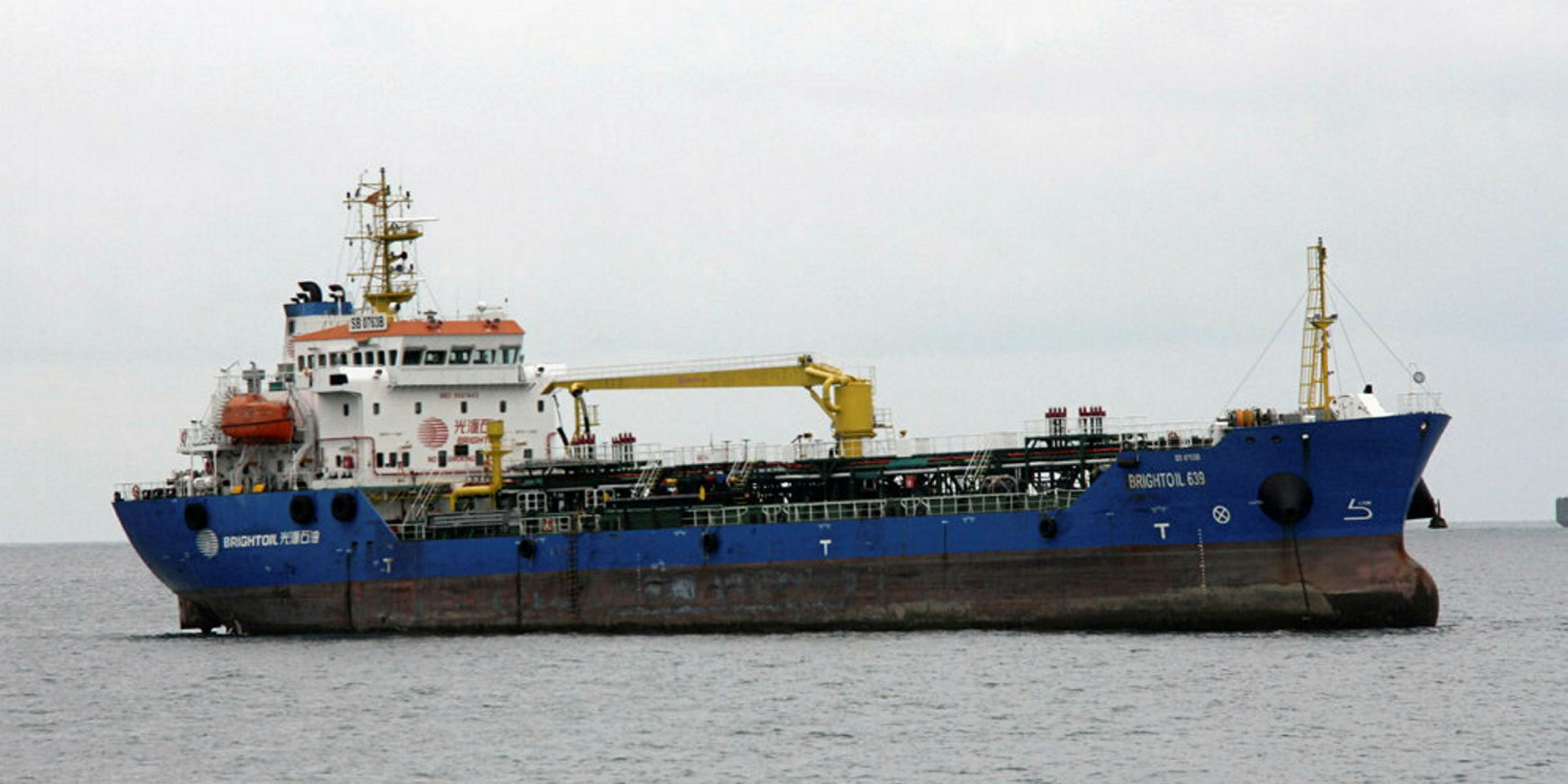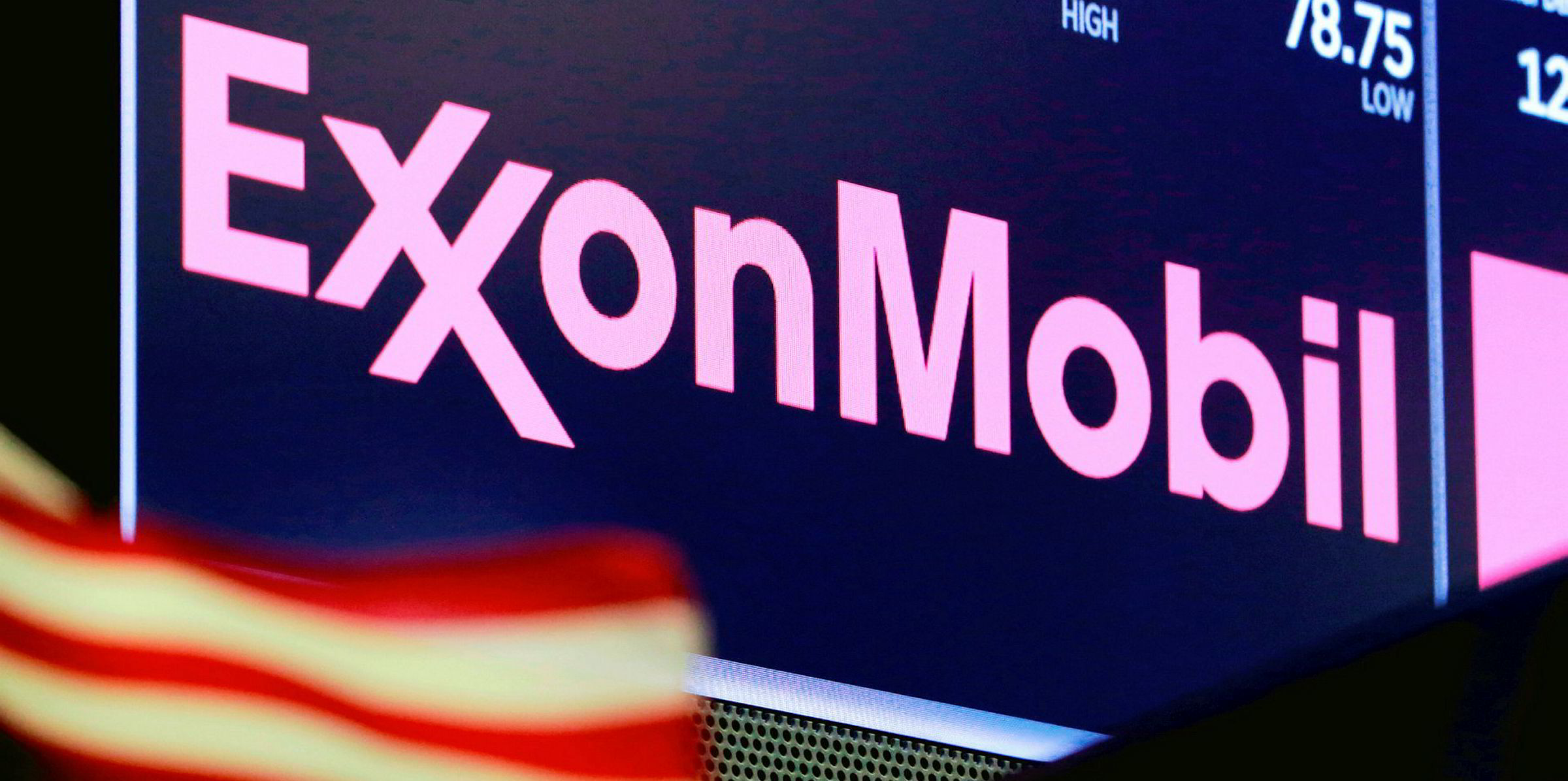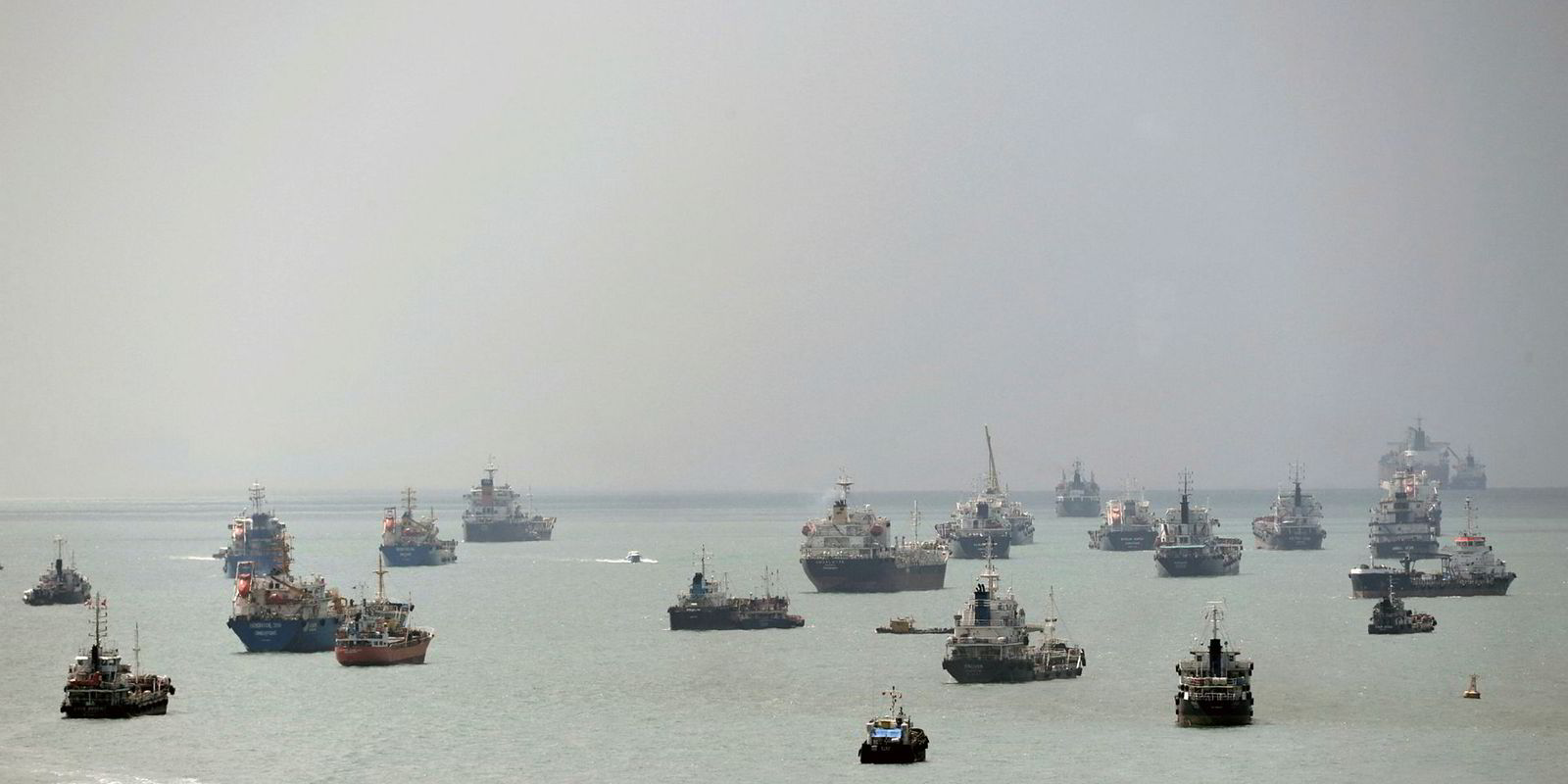Bunker costs have risen to their highest levels in nearly four years, potentially exerting negative impact on vessel earnings and shipping demand.
According to Ship & Bunker assessments, global average price of the benchmark 380-centistoke (cst) bunker fuel has breached the $500-per-tonne mark since the beginning of October, a $30 spike from the September 20 level.
The 380-cst grade was assessed at $510 per tonne in Singapore on Tuesday, $510.50 in Fujairah, $465 in Rotterdam and $470.50 in Houston.
Global average marine gasoil (MGO) price has increased to nearly $750 per tonne.
“Bunker prices are currently rising purely because of, and in line with, the rise in crude oil prices,” Banchero Costa’s head of research Ralph Leszczynski told TradeWinds.
Marine fuel prices have increased by over 40% on year, roughly equivalent to gains in international crude-oil futures benchmarks.
In the past two weeks, oil prices have rallied on forecast reduced Iranian supply due to US sanctions, low output in Venezuela and less-than-hoped production increase by Saudi Arabia, with Brent futures rising above $85 per barrel.
The current price is higher than the median forecast of analysts surveyed by Bloomberg at $74 per barrel for the fourth quarter, though, suggesting downwards correction is possible. Analysts at Eastport Research & Strategy have predicted bunker prices to fall later though they also warned of upside risks.
While ship operators can often pass on the increases in bunker costs to charterers, overall seaborne trade demand could still suffer due to worse economics for longhaul shipments, according to Leszczynski.
“[A higher bunker price] can have a negative effect on trades, both in terms of volumes and trade patterns,” Leszczynski said.
“The higher the shipping cost of a specific commodity is…the more importers and traders are encouraged to use domestically-sourced commodities or shorter-haul suppliers. Larger vessels such as VLCCs, capesizes or LR product tankers are more affected by rising bunker prices than smaller vessels, simply because they rely more on long haul shipments.”





